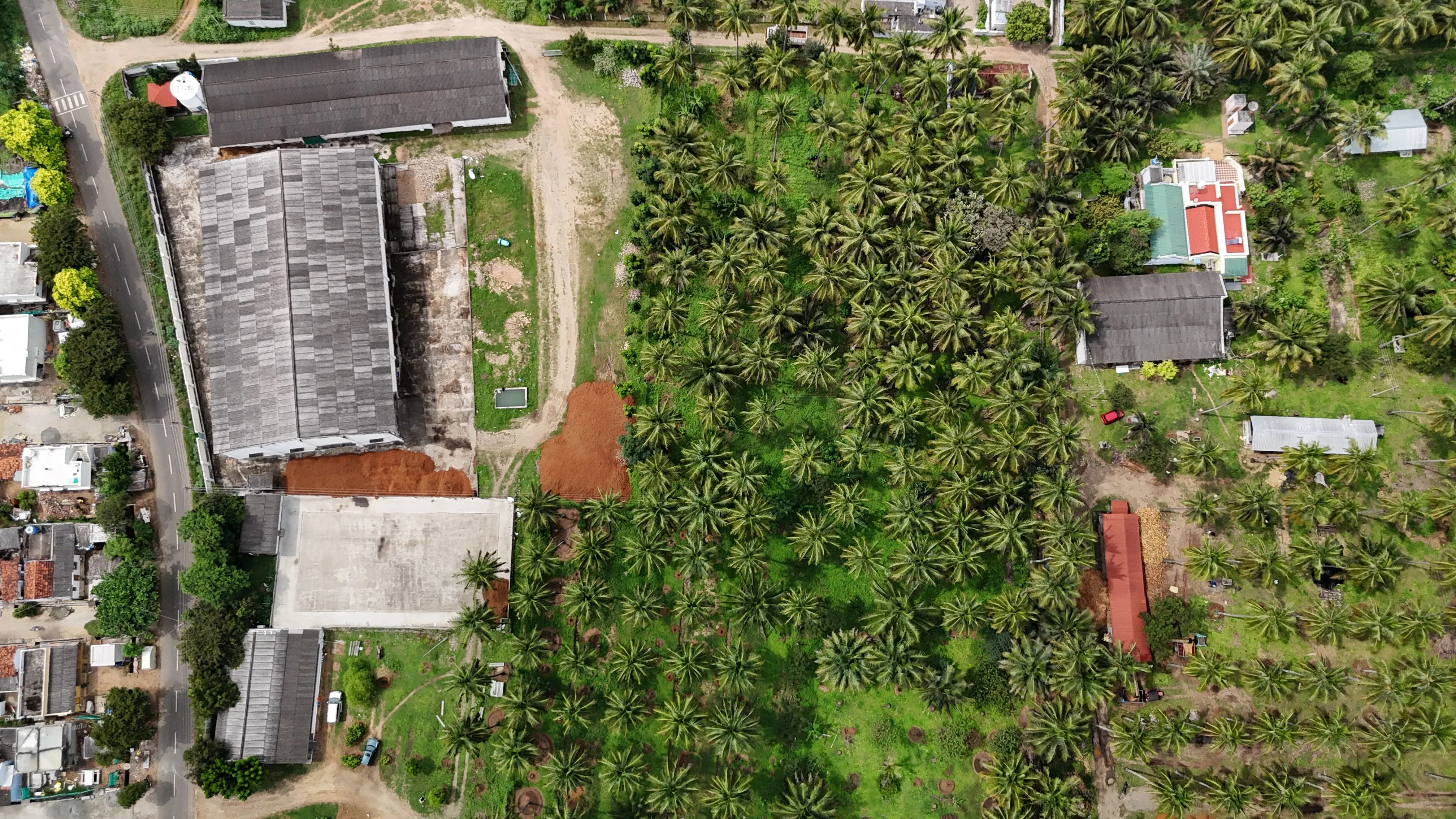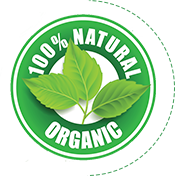About Us

- Raw material selection and high expansion value Primarily derived from green husks, which offer superior expansion properties, achieving approximately 18 liters per unit. This ensures optimal performance for various applications.
- Controlled washing process The coir is subjected to a standardized washing protocol using water with a pH level of 0.5, ensuring the removal of impurities while maintaining the structural integrity of the fibers.
- Machine Calibration and Maintenance All machinery undergoes scheduled maintenance and pre-operation servicing, ensuring operational reliability, consistent production quality, and minimized downtime.
- In-House Manufacturing and Quality Assurance The entire production process is managed in-house, eliminating reliance on outsourcing, even for sister-concern factories. This ensures strict quality control at every stage and maintains uniformity in product standards.
- Enhanced Product Performance The integration of these practices results in coir products with superior durability, strength, and expansion potential, making them suitable for demanding industrial and agricultural applications.
- Concrete Yard We have an expansive 100,000 square foot concrete yard, where weeds and other unwanted materials are completely removed, as the entire production and drying process takes place solely within this concrete space.
- Storage Capacity With a godown capacity of 1,000 m³, we will maintain a minimum of 40% of the total capacity throughout the year, with cocopeat and husk chips stored separately.
- Location Situated in the heart of India's coconut hub, we have access to an abundant supply of high-quality raw materials throughout the season. Additionally, we are strategically located near some of the busiest ports in South India, including Cochin, Tuticorin, and Chennai.
Why fibro coir products ?
By leveraging precise engineering controls, Fibro Coir products consistently meet the performance expectations of global markets.
- Traditional Cultivation Practices : Farmers in Pollachi follow age-old cultivation and harvesting techniques that ensure the coconuts are harvested at the right stage of maturity. Mature coconuts yield stronger fibers compared to immature ones. This makes it ideal for applications requiring robust and long-lasting materials, such as ropes and mats.
- Thick and Dense Husks: The husks produce fibers with consistent quality and fewer weak spots, enhancing overall strength.
- Uniform Fiber Distribution: All machinery undergoes scheduled maintenance and pre-operation servicing, ensuring operational reliability, consistent production quality, and minimized downtime.
- Uniform Fiber Distribution: The husks produce fibers with consistent quality and fewer weak spots, enhancing overall strength.
- High Fiber Yield : The coconuts grown in Pollachi have thick and dense husks, which produce a higher yield of coir fiber compared to other regions. This makes the processing more efficient and economical.
Why FIBRE from Pollachi ?
STRONG AND DURABLE
-
LOW SALINITY LEVELS
Coco peat made from Pollachi coconut husks typically has low salinity levels, making it highly suitable for agricultural and horticultural applications. Excess salts can be detrimental to plant growth, and Pollachi's coir products often need minimal treatment.
Salinity levels refer to the concentration of salts dissolved in a substance, such as water, soil, or agricultural materials like coco peat. It is typically measured in terms of electrical conductivity (EC), parts per million (ppm), or deciSiemens per meter (dS/m). High salinity levels can negatively impact plant growth -
MATURED HUSK FOR GOOD GRANULES
The size of the granules in coco-peat determines how long it can function as a growing medium. After sieving, granules between 2 to 3 mm must make up at least 70% of the material. Matured husks contribute to achieving this, and they also help the cocopeat expand up to 18 liters per kilogram.
Why COCOPEAT from Pollachi ?
History
In 1990, we began operations with a semi-automatic two-ply machine. A few years later, we introduced coir extraction powered by a diesel engine to ensure uninterrupted production. For three years, we rented a fiber extraction unit, but it was discontinued due to insufficient water supply. Afterward, we continued operations with only two-ply machines and coir extraction. During this time, coco peat was discarded on a farm as waste.
Later, we began supplying coco peat to poultry farms and eventually learned about 5kg coco peat blocks. This led us to acquire a compressing machine from a supplier in 2006. In the same year, we obtained an SSI certificate. We sold fiber to Kerala, while the two-ply products were distributed across Kerala and Tamil Nadu for various purposes, including tea bags in Kochi-Madiwala through the UPASI association.
Today, Fibro Coir Products is a well-established MSME capable of manufacturing both coco peat , husk chips, coir fiber , coir yarn and grow bags with a production capacity of 24 containers per month. We now produce approximately 2,000 tons of coco peat monthly , supported by excellent facilities for storage and processing.


About the founder
Founder : Arumugam Tamilslevan, Alampalayam
Education : Diploma in Mechanical Engineering and B.A. in History
After completing my B.Sc. degree, I moved to Bangalore to pursue an LLB under my brother’s guidance. However, due to financial difficulties, I couldn't complete the program. I then began exploring various fields to earn a livelihood. Eventually, I came across the two-ply industry, which sparked my interest, leading me to start my own business in the field.
- Vignesh coir product ( Fully automated fiber extraction unit )
- Naveenth coir products ( Fully automated rope manufacturing and husk chips manufacturing )
